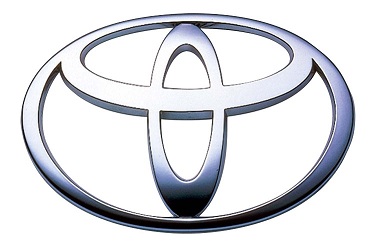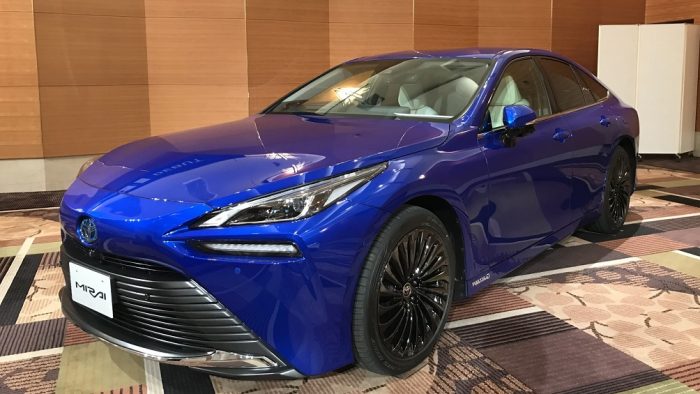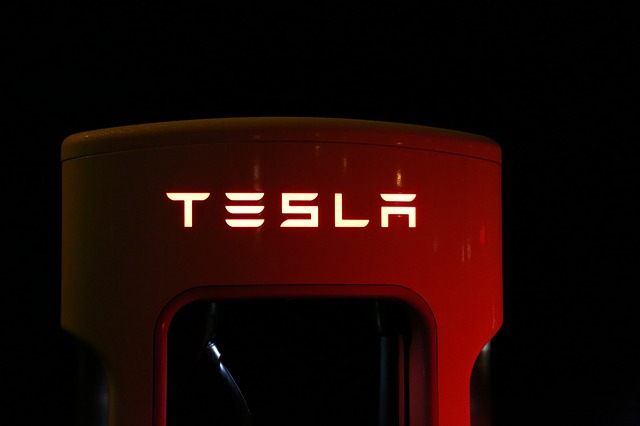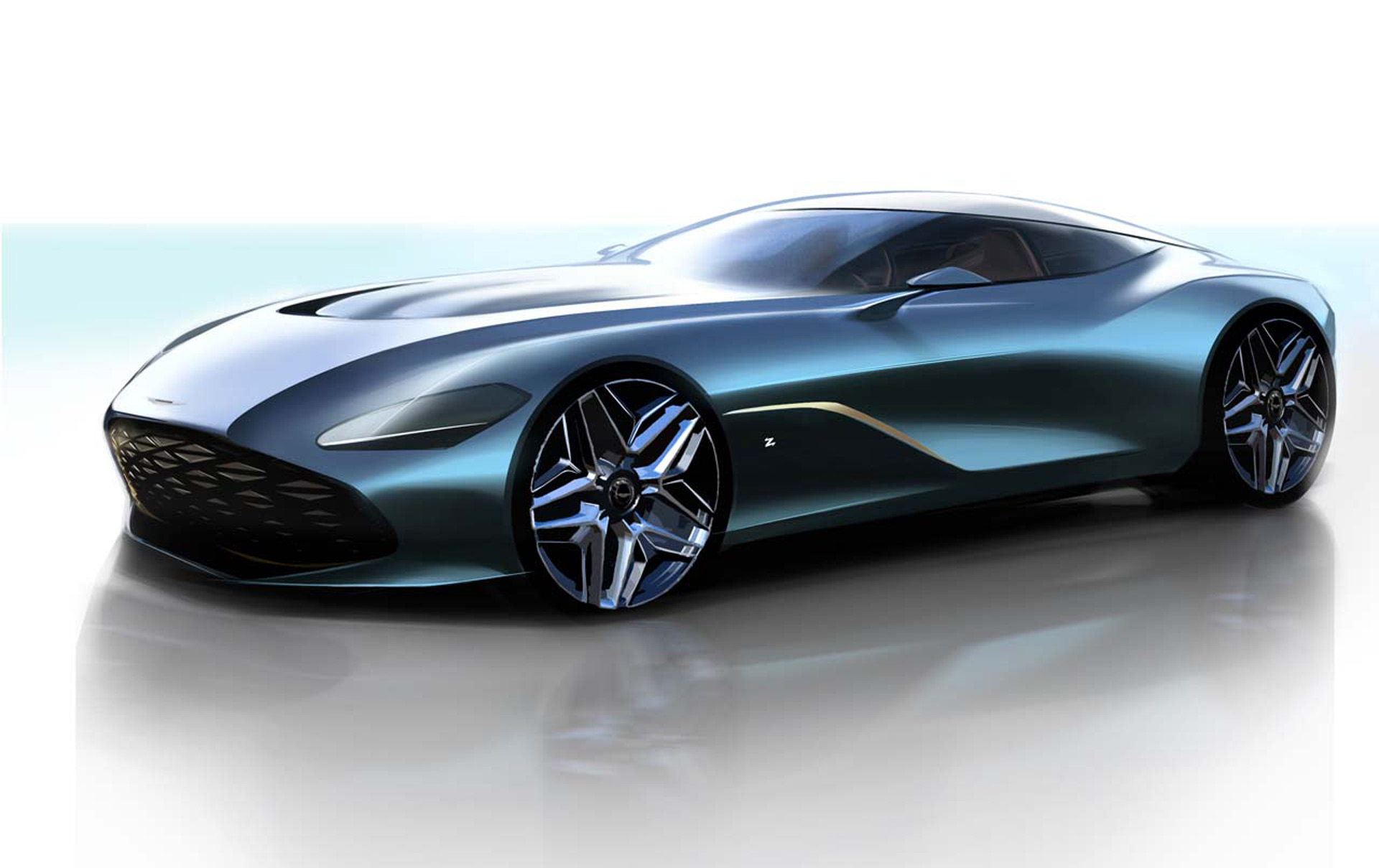Now Reading: Toyota not affected with chip shortage, forecasts recovery in profit
-
01
Toyota not affected with chip shortage, forecasts recovery in profit
Toyota not affected with chip shortage, forecasts recovery in profit

Toyota Motor forecast its profit would get back to pre-2020 levels this year, as the world’s biggest automaker showed confidence that it can deal with the global chip shortage that has significantly affected its rivals.
The automaker has been stockpiling the semiconductors that are used in everything from engine maintenance to vehicle safety and entertainment systems, it is not seeing any significant short-term impact from the shortage which has been baked into its forecasts.
The automaker announced a $2.3 billion share buyback, a one-to-five stock split and set bigger targets for electric vehicles (EVs) production.
The upbeat forecast for the complete fiscal year reinforces the automaker’s robust growth momentum that saw its March-quarter profit nearly doubling and deepens a performance divergence with its competitors, who are combating billions of dollars of lost revenue because of the chip shortage.
CFO Kenta Kon said Toyota, famous for its just-in-time inventory management, has taken advantage of efforts to improve its supply-chain management to reduce the impact of natural disasters after the Fukushima earthquake in 2011.
“We are now able to make assessments of alternative products in a speedy matter. That is one of the factors of us being able to mitigate the impact of semiconductor supply shortages,” he told a media briefing.
The automaker forecast a 14% increase in profit to 2.50 trillion yen ($9,13,05,50,000) for the fiscal year that started on April 1 against an 8.4% profit decrease for the year that just ended.
Toyota expects a recovery of demand in the United States, its biggest market, to drive that recovery and forecast overall sales to increase 6.4% to 10.55 million vehicles for the year.
Stay Informed With the Latest & Most Important News
Previous Post
Next Post
-
 01Polestar Boss Says It’s Time To Outrun BMW M And Mercedes-AMG
01Polestar Boss Says It’s Time To Outrun BMW M And Mercedes-AMG -
 02Spy Shots: 2027 Mitsubishi Pajero Spotted in Testing Ahead of Possible U.S. Return
02Spy Shots: 2027 Mitsubishi Pajero Spotted in Testing Ahead of Possible U.S. Return -
 03Spy Photos: VW ID. Polo GTI Goes Electric with 223 HP and 280 Miles of Range
03Spy Photos: VW ID. Polo GTI Goes Electric with 223 HP and 280 Miles of Range -
 04The Controversial Ford Voodoo V8 That Was Killed Off Too Early
04The Controversial Ford Voodoo V8 That Was Killed Off Too Early -
 052026 Toyota Hilux EV: A Powerful Truck with Silent Torque
052026 Toyota Hilux EV: A Powerful Truck with Silent Torque -
![2027 Mercedes-Benz S-Class Debuts with V8 Engine [Photo Gallery]](https://speedlux.com/wp-content/uploads/2026/01/2027-Mercedes-Benz-S-Class-33-155x125.jpg) 062027 Mercedes-Benz S-Class Debuts with V8 Engine [Photo Gallery]
062027 Mercedes-Benz S-Class Debuts with V8 Engine [Photo Gallery] -
 07Hyundai Palisade’s Breakout Year Shows How Quickly the Market Can Turn
07Hyundai Palisade’s Breakout Year Shows How Quickly the Market Can Turn


![2027 Mercedes-Benz S-Class Debuts with V8 Engine [Photo Gallery]](https://speedlux.com/wp-content/uploads/2026/01/2027-Mercedes-Benz-S-Class-33-700x394.jpg)












































